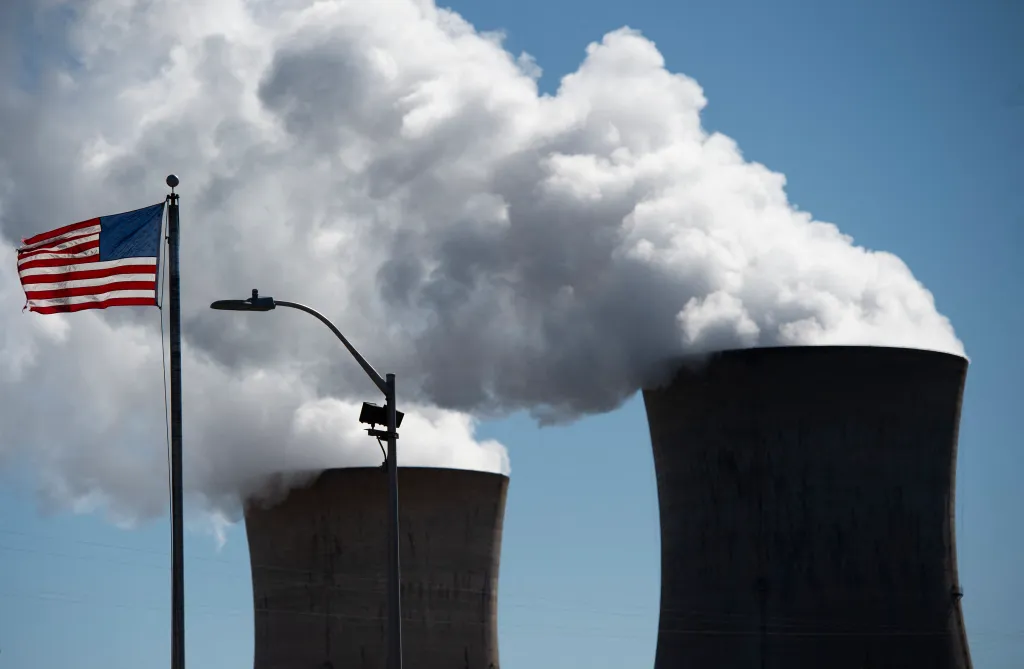By Alex Trembath,Andrew Caballero
Copyright thedispatch

Meet the new environmentalists: They’re not so different from the old environmentalists. Matt Yglesias got his hands on the League of Conservation Voters’ latest questionnaire for members of Congress seeking the group’s endorsement, and anyone hoping for a more forward-looking environmental movement had to be disappointed to read it. The questionnaire endorses the same tired policy positions, including opposition to nuclear energy and carbon capture and support for strengthening, not reforming, major federal environmental regulations. As Yglesias wrote in his Substack Slow Boring, “L.C.V. has not changed any of its substantive commitments, which I suppose is understandable if they truly don’t think they should. But they haven’t even made tactical adjustments about the wisdom of making candidates compete in this kind of checklist-a-thon. And to be clear, though this is just one organization, it’s an important one; L.C.V.’s constellation of PACs spent upwards of $150 million on the 2024 election.”
Writing for the New York Times, science columnist David Wallace-Wells penned a eulogy for the climate politics of the 2010s, noting that world leaders have turned their attention to other issues like artificial intelligence and increasingly tense geopolitics. “In certain ways, the story is one that moderates and skeptics long predicted: that decarbonization could not be reliably imposed from above on moralistic terms and would have to be powered instead by market forces, private investment and the informed consensus of a price-conscious public,” he wrote. “These are familiar and somewhat simplistic neoliberal bromides, and if they now look prophetic, it is also a strange kind of prophecy: Global policymakers may be leaving climate increasingly to markets, but they are doing so even as in other realms they are embracing a new language of muscular state capacity and interventionist industrial policy.”